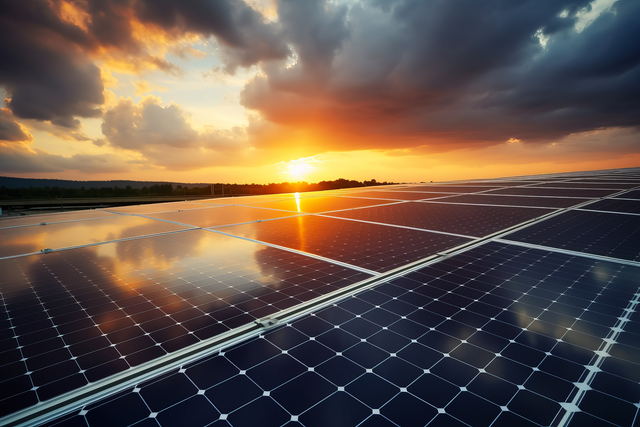Directorate General of Trade Remedies (DGTR) has recommended anti-dumping duties on textured tempered glass imports from China and Vietnam, a key material used in solar panel manufacturing. The proposal suggests a five-year duty structure, following an investigation launched in February 2023.
New Reference Rate System for Duty Application
Unlike traditional tariff measures, the DGTR has introduced a reference rate system to regulate the landed value of solar glass imports.
Under this system, authorities will impose duties only when import prices drop below the reference threshold. They will calculate the duty as the difference between the actual landed value and the reference rate.
Soaring Imports Trigger Investigation
The investigation was prompted by a complaint from domestic manufacturers, led by Borosil Renewables.
The findings revealed a dramatic increase in solar glass imports, escalating from 29,980 metric tons in 2020-21 to 7,79,017 metric tons during the investigation period.
Chinese imports surged from 29,324 to 6,59,732 metric tons, while imports from Vietnam grew from 656 to 1,19,285 metric tons. In contrast, imports from other countries dropped significantly from 1,28,819 to 16,537 metric tons.
Domestic Sales Remain Stable Despite Rising Imports
Despite the surge in imports, domestic sales volumes remained relatively stable over the first three years of the investigation period. This indicates that Indian manufacturers have been able to sustain their market position to some extent.
Final Decision Rests with Finance Ministry
While the DGTR has made its recommendations, the final decision on implementing these duties rests with the Central Board of Indirect Taxes and Customs (CBITC) under the finance ministry.
Protecting Domestic Manufacturers and India’s Solar Industry
The measure aims to safeguard Indian manufacturers, with Borosil Renewables leading the five domestic producers catering to the renewable energy sector.
As reported by knnindia.co.in, the proposed duty structure represents a strategic move to balance trade protection with the dynamic needs of India’s expanding solar energy market.

































